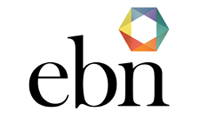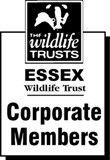I recently met someone at a business networking event who said “I don’t have any business cards, because I think they are a waste of money” he went on to explain that people tended to remember him and, if they wanted to know anything about his business, they would find him if they searched online. I was amazed. My business is business networking and so that’s what I do. In a working week I can meet perhaps a couple of hundred people and whilst each person I meet is memorable in some way, I’m human so people I haven’t met before can be forgotten or I can misremember the name of their company. When making contact with them after the event it is the business card that is vital Why? Because I look at their business online, look them up on Linkedin and connect*, and then make appropriate contact by email. Appropriate? Some people may have asked to attend one of my meetings, others have asked to be invited to our corporate events, and some I have already met, and we are along the road of building a strong working relationship.
Anyway, back to the business cards. I know that these days people have various ways of collecting information electronically from the business cards of people they meet. That is great, but there needs to be a business card to collect the information from. So my advice to people who don’t have business cards, or people who just have a telephone number on theirs? Accept that we are all fabulous and all forgettable and help others help you and your business by having a business card, it won’t be a waste of money. Honest.
Thoughts?
*Recently told about ‘Find nearby’ on Linkedin If you, and the person you are talking to, both have the Linkedin app on your phones: both open them, tap the My Network tab. Tap Find nearby at the top of the screen. Genius!
More info or networking tips? www.ebn.uk.com








Recent Comments